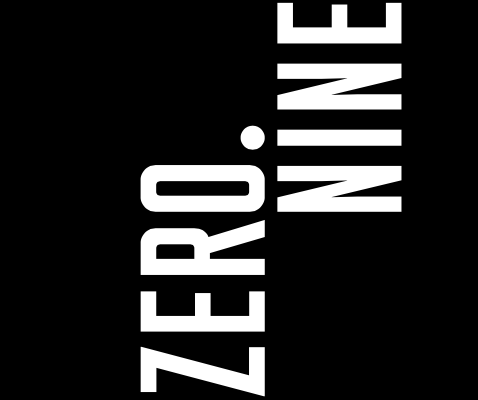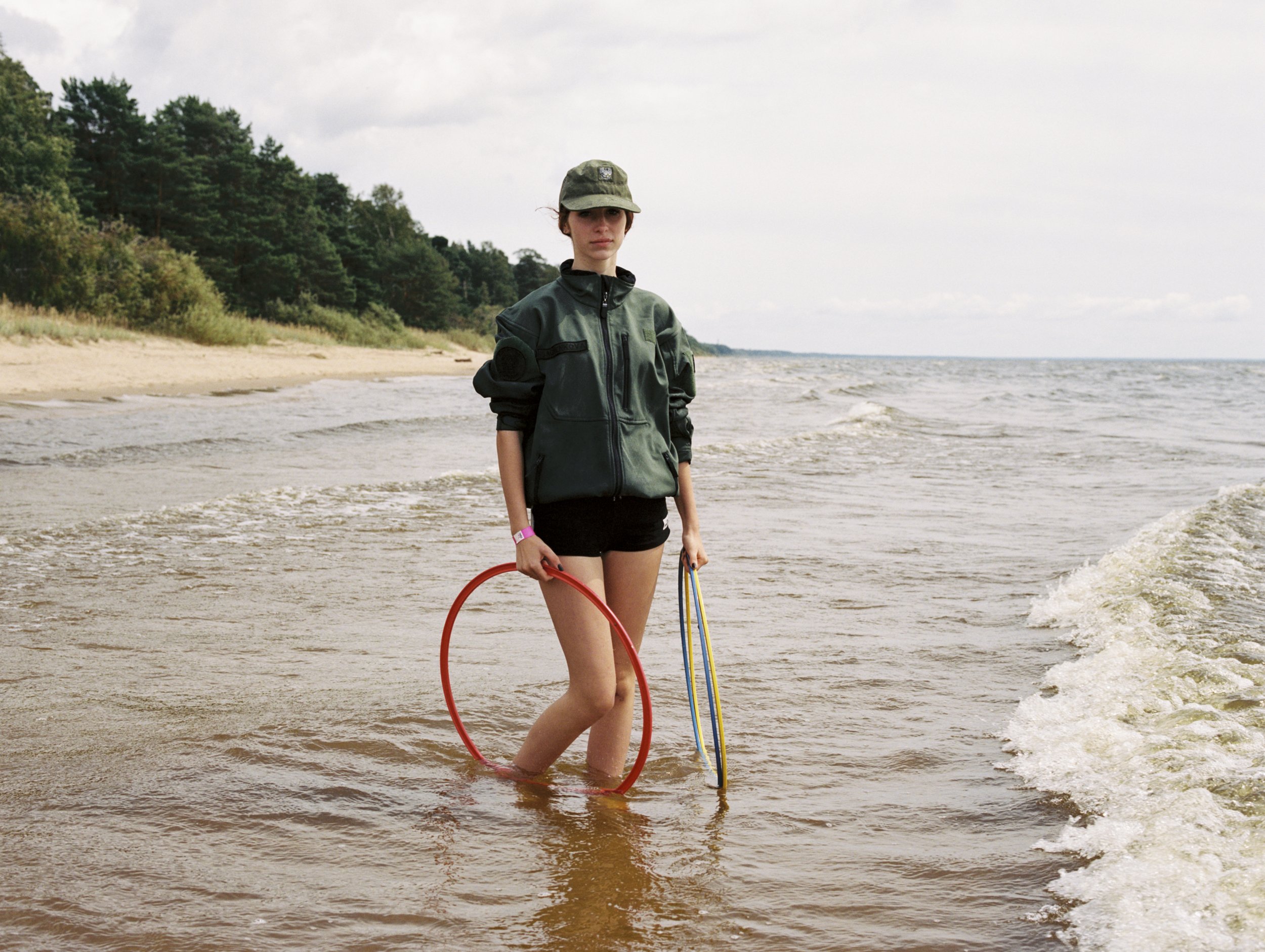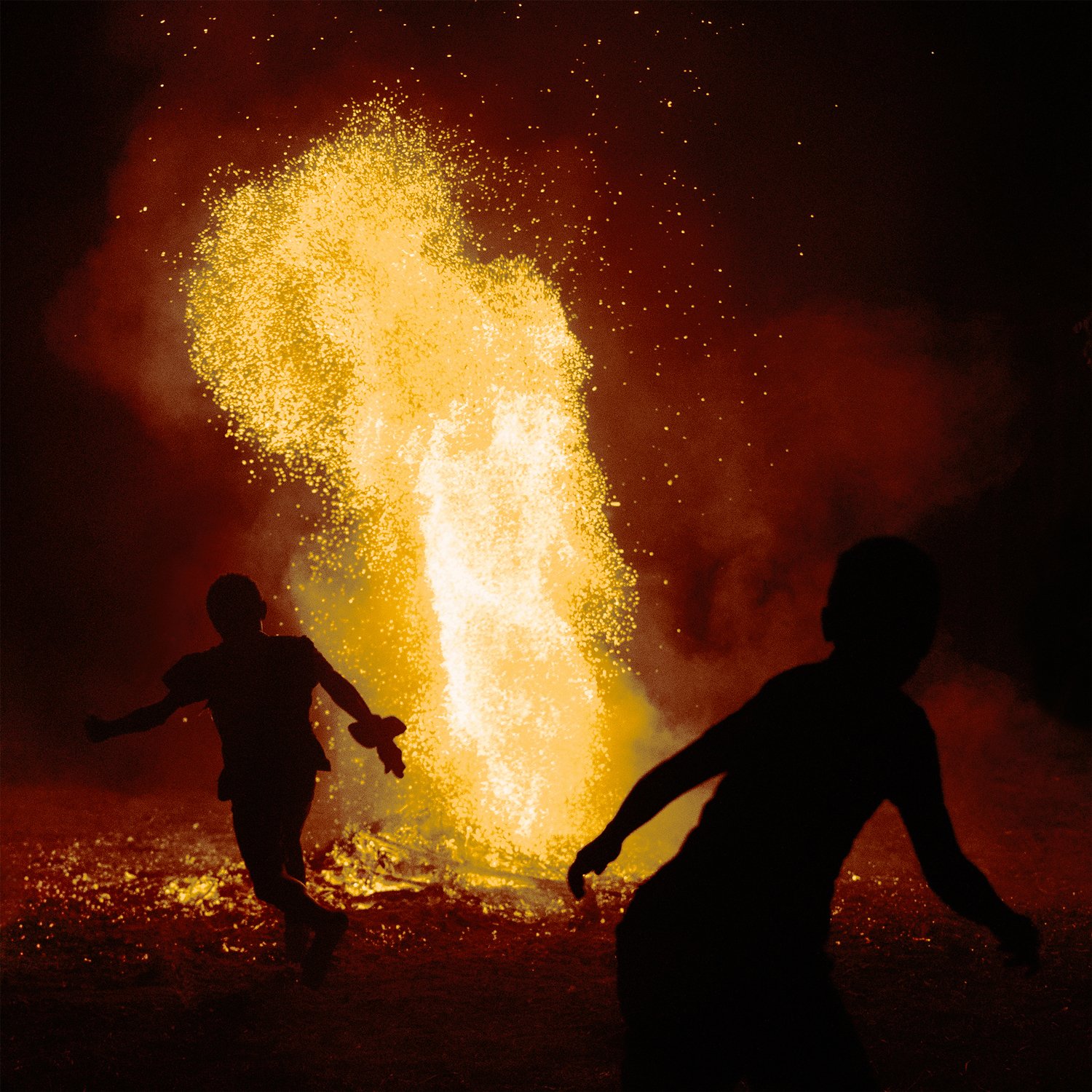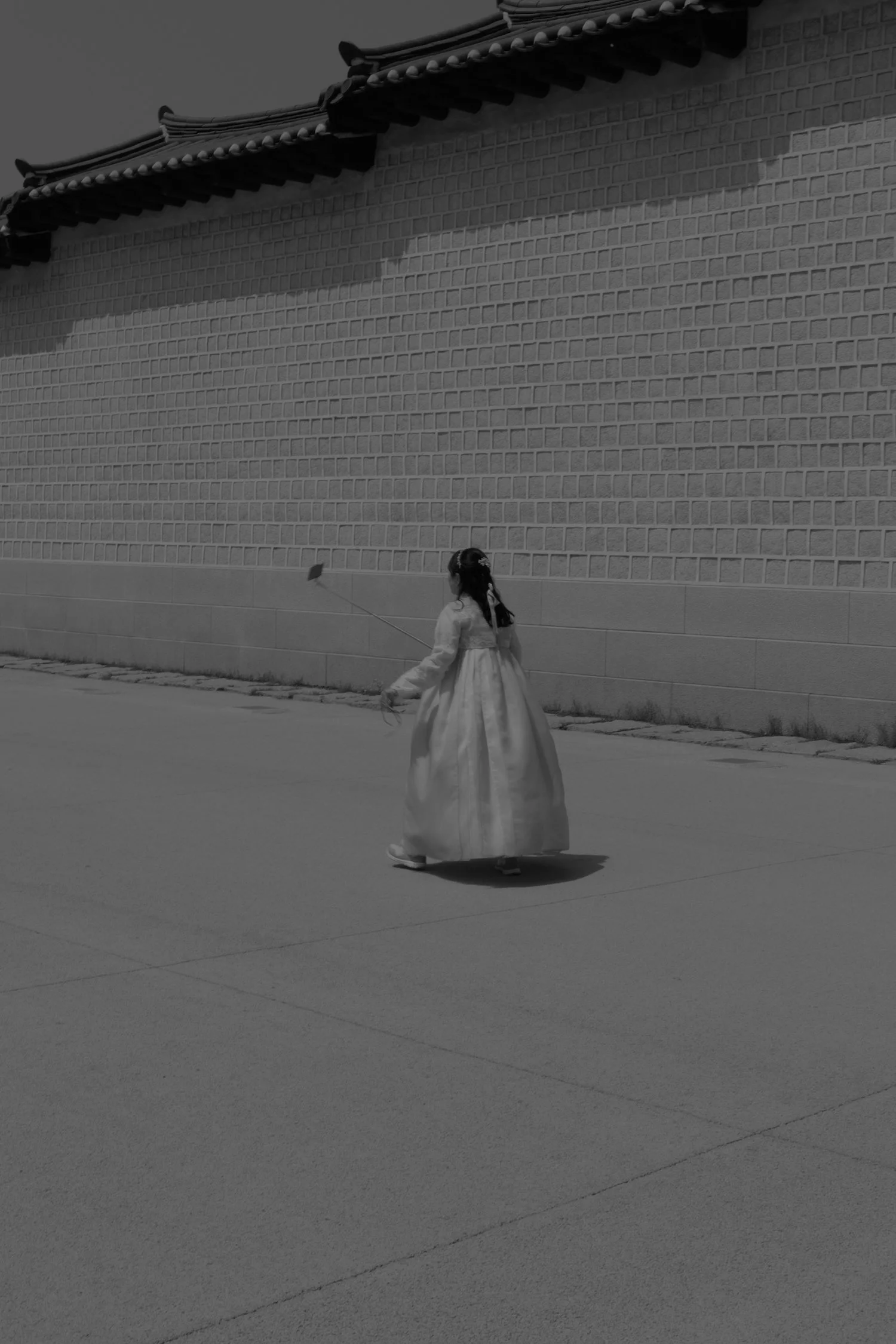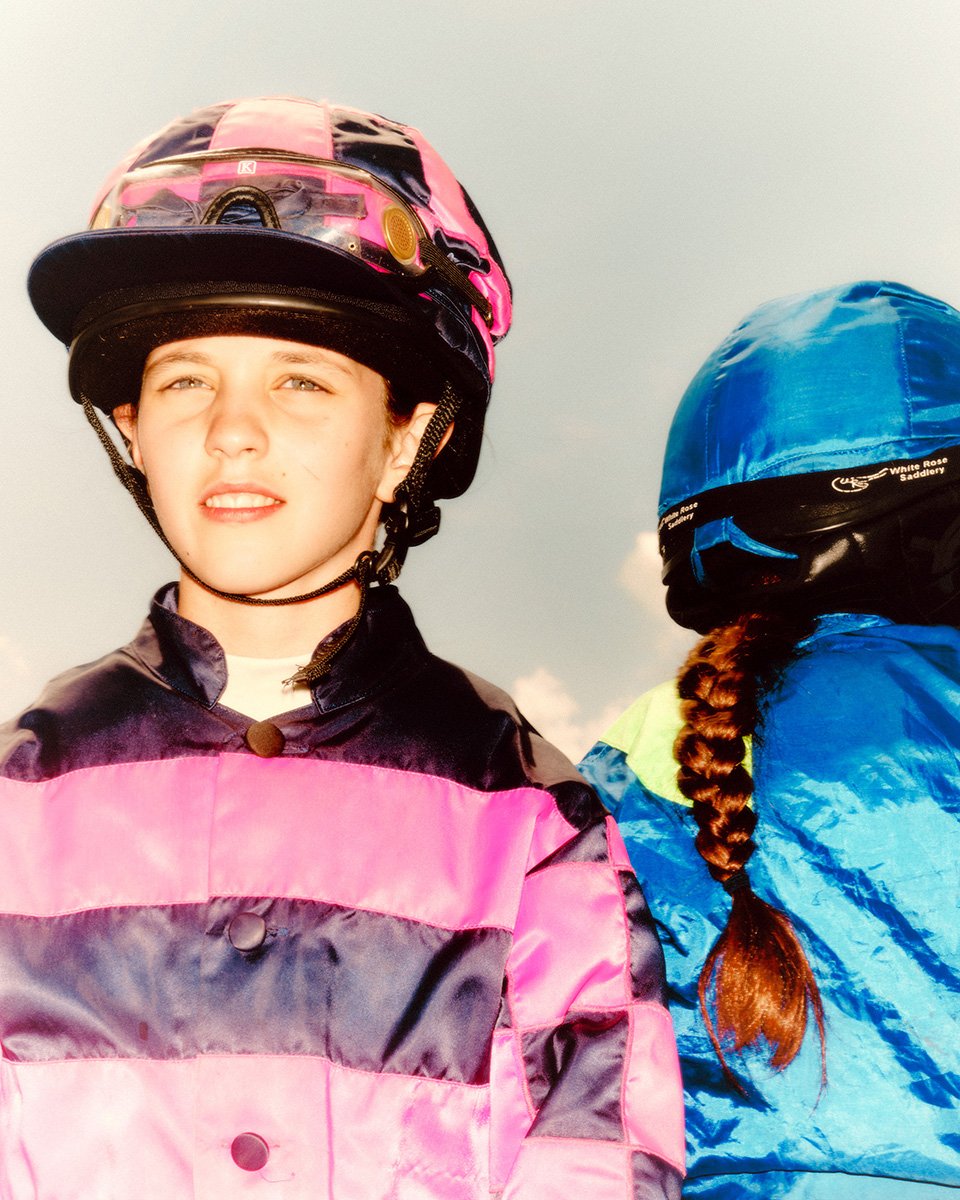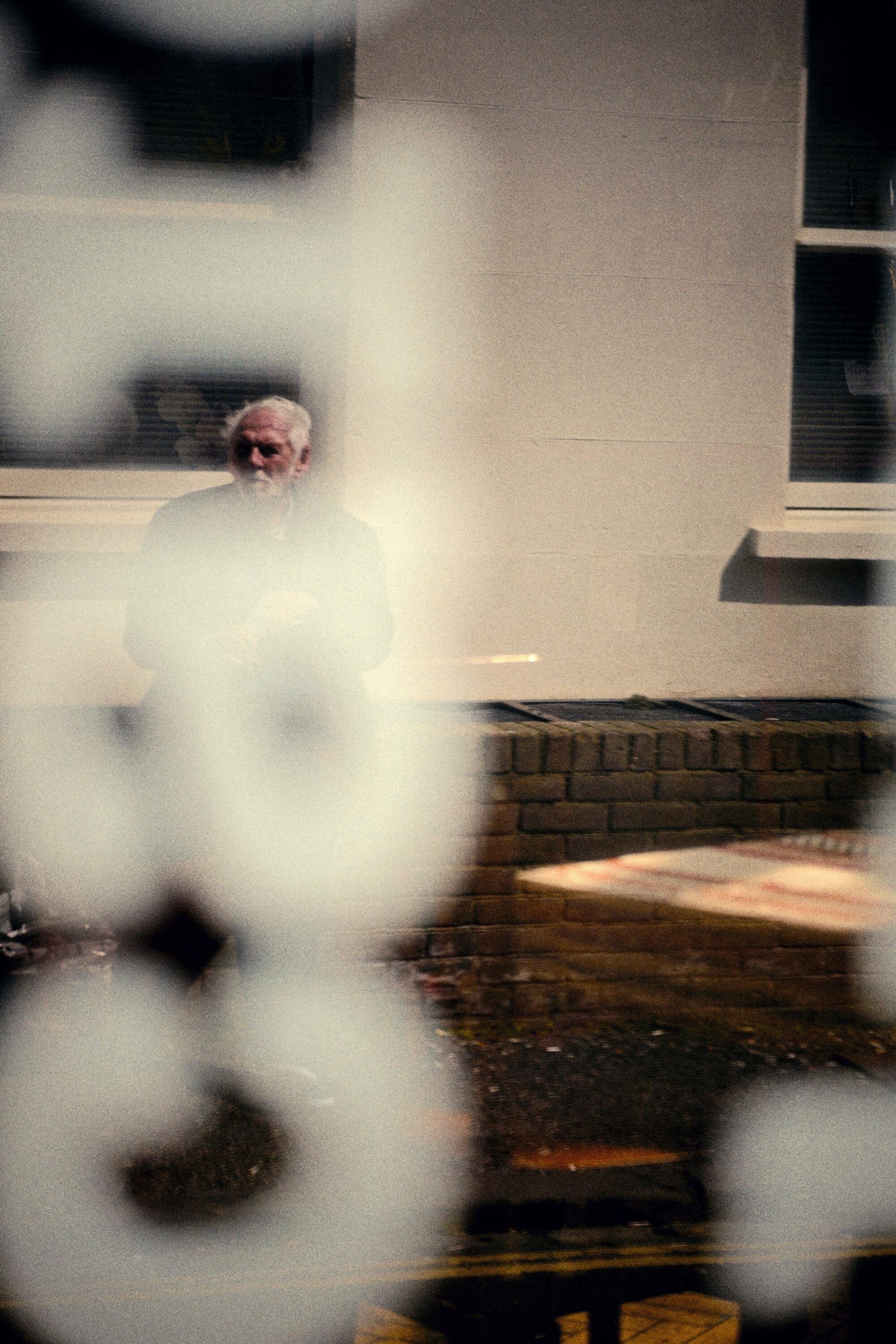Raw. Rebellious. Real.
We met world-famous photographer and icon of the Berlin club scene, Sven Marquardt, in the German capital for an exclusive shoot and interview. He talked about creative challenges, his work process and why he would never give up film despite the possibilities of digital.
Photography Christian Trippe Location ANTI BerlinSkirt : RAVEMORE BERLIN, Shirt : Adidas x Korn, Blazer : Adidas X Balenciaga, Boots : SÖDERBERG, Glasses : Prada
How are you today? You just got back from Mexico.
A temperature difference of 25 degrees. I wasn't really prepared for such a grey, snow-covered Berlin, but of course it's early February – quite normal for Europe.
Your pictures have a directness and honesty – they seem very authentic. Does that also come from the fact that you only take analogue photos – without much image processing?
Well, some image editing does take place somehow. In the 80s, we developed films ourselves and made prints in the photo lab. I think the maximum size was about 50 x 60 cm. Nowadays, I work with a wide range of formats, including large formats. So, of course, even with analogue photography, I'm still in the digital age, and that's great too. Sometimes I stand in front of 2 x 3m pictures and think “Wow, what you can do with this analogue film. It's kind of great.”
“There is such a stark difference between looking through the analogue camera and looking at the digital screen. It's a completely different sensation, a completely different aura.”
Two or three years ago, I started shooting videos a bit for the first time and I did it with my iPhone. At some point, I said “Stop!” and “Now we're going analogue.”
So it was a bit like our shoot today. I don't know if you feel the same way, but there is such a stark difference between looking through the analogue camera and looking at the digital screen. It's crazy. There’s a completely different sensation, a completely different aura.
Although I don't think we'll ever really see you take only digital photos, will we?
No, definitely not (laughs). There was a time, around 2000, when somehow rolls of films also became less available. I then thought to myself, if there are no more films, then I have to stop. And now I am a few days older and I am totally happy that there are still films. And especially the 400s from Kodak and even more highly sensitive ones. I only work with daylight.
And do you always use the same camera?
I have a Nikon FM2, I have three or four bodies.
What was the last camera or piece of equipment you bought?
I think I bought a new 50mm lens. I always thought they were indestructible, but I had a shoot, in New York, and I picked up the films from the lab. They said something was wrong. In any case, the shutter was torn out at the back, as the camera repairman told me, and that prevented the whole picture from being exposed. It was only in one film and only at the very end, but it would have been quite dramatic if it had happened during the whole shoot.
“There was a time, around 2000, when somehow rolls of films also became less available. I then thought to myself, if there are no more films, then I have to stop.”
How do you prepare for your shoots?
Well, very thoroughly actually. I have a shoot in three weeks, an editorial cover shoot. At the same time, it's still winter, it's being photographed in Berlin, and the weather is always a huge challenge. One thing I can't change. So I have to build everything around it so that it still works on that day in the worst case. I have a relatively small team – hair, make-up, styling and fashion often comes from the client and an assistant and we think about the location, look at other things. I take screenshots of things that I see online somewhere or on Instagram and think that could give me a bit of direction.
How do you deal with periods of creative block? Or do you not experience it at all?
No, luckily not in recent years. I think they were also my most creative years. Maybe it's also a kind of rush to keep going, to have new ideas and new projects. I feel more comfortable when they are brought to me, because I also work more and more conceptually and like to have a big headline. Fortunately, I haven't had any creative block in the last few years.
But I had it before. The time when I partied a lot, was intoxicated a lot. The most uncreative time for photography. I wouldn't want to have missed that other time for anything, it was amazing, but I didn't take any photos – it wasn't there. And I still think intoxication is a great thing for me in my life, but it's not the only thing, there's also work, projects, exhibitions, taking photos, buying clothes.
“The time when I partied a lot, was intoxicated a lot. The most uncreative time for photography. I wouldn't want to have missed that other time for anything, it was amazing, but I didn't take any photos – it wasn't there.“
Do you have a favourite photographer
I think one of my earliest influences was back in the 80s, when we lived in East Berlin, really quite far away from the zeitgeist of the time.
When I saw or was sent the first photo books by great West German photographers or by Robert Mapplethorpe, it was something that made me think, ‘Man, there's so much going on on the other side!’ And then there was Herbert Tobias, who I really liked at the time. So one of my favourite portrait photographers was Sibylle Bergemann, an East German photographer who died a few years ago and who took such great melancholic fashion photos. Of course I also love Peter Lindbergh, who doesn't, he is really fantastic. In the American commercial and fashion market, I actually also like Steven Klein, it's something completely different, but very strong and very sexy, powerful.
Do you have a favourite picture?
Not really, but I think that something like that also changes a bit, doesn't it? No, I don't have something like that as a screensaver either, but I have a lot of photos hanging at home.
Is there a non-photographic medium that you find appealing for creative expression?
In 2014, I had the opportunity to write an autobiography together with a co-author. But since I'm not a writer either, the co-author was very important. It was fun for the time, but it wouldn't be for me either. That was once and it was also great that I could do it. I am very happy with photography anyway.
Of course, club culture has also been a great inspiration as a basis, and when I think about it, it was also a continuation of the punk/new wave era in the East. That's what club culture became for me after the fall of the Berlin Wall. All the people from queer to fetish, they all came together. That's why I'm now, at my age, connected to a generation that I would otherwise no longer encounter.
Is photography different for you today than it was 30 years ago?
No, well, yes, it's a totally different zeitgeist with completely different projects. Back then, I photographed underground fashion, including for a classic fashion magazine called Sibylle, which was great for me as a young punk/new wave guy to be able to work for at the time. And today it's different clients, but again, ‘We don't really have the money to afford a photographer like that.’ But I really enjoy doing it. Of course, I also enjoy doing it for a big client. And for me it has remained that way in such a world. Fashion inspired me back then. My pictures were always staged. Nevertheless, I don't see myself as a classic fashion photographer, but styling has always played a role.
What is your process like after a shoot?
When the films come back from the lab, they are already scanned and then I do a ‘preselection’ of my work and what the customer and the artists will get later. And then I go back to the lab with the raw scans to have them do the image processing. Of course, they know my work quite well. We then sit in front of the computer and I do the fine-tuning. But that's it, there are no beauty corrections, just a simple adjustment of the contrasts or desaturation of colours.
“I was never the photographer who chased after celebrities – I'm not really interested in that.”
Is there a photographer or a trend that you like and find exciting at the moment?
I think it's great that the new generation is consistently working with analogue again, no matter the cost. I also really like Vitali Gerwich at the moment, a photographer from Berlin who I really admire for his way of working and the effort he puts into his productions – he's the next generation of photographers. I really like his work.
Is there anyone you would like to work with?
I was never the photographer who chased after celebrities – I'm not really interested in that. So if it just happens to be part of a project, that's cool. But otherwise, I don't think it really matters to me.
What is the plan for this year? Is there anything you can tell us yet?
We are currently planning a very classic exhibition in Naples. That's also the second attempt. We were there to view the location before the pandemic. Now we are going for it for the second time, hoping that it will work out this time. I'm really looking forward to it.
Amazing, we can’t wait.
Coat + Trousers : NAMILIA , Shirt : Balenciaga + Haderlump, Gloves : Zara Man, Glasses: Balenciaga, Boots : Mexico original
To see more of Sven’s photography, make sure to follow him on Instagram.
–
Team credits
Photography Christian Trippe
Location Anti Berlin
